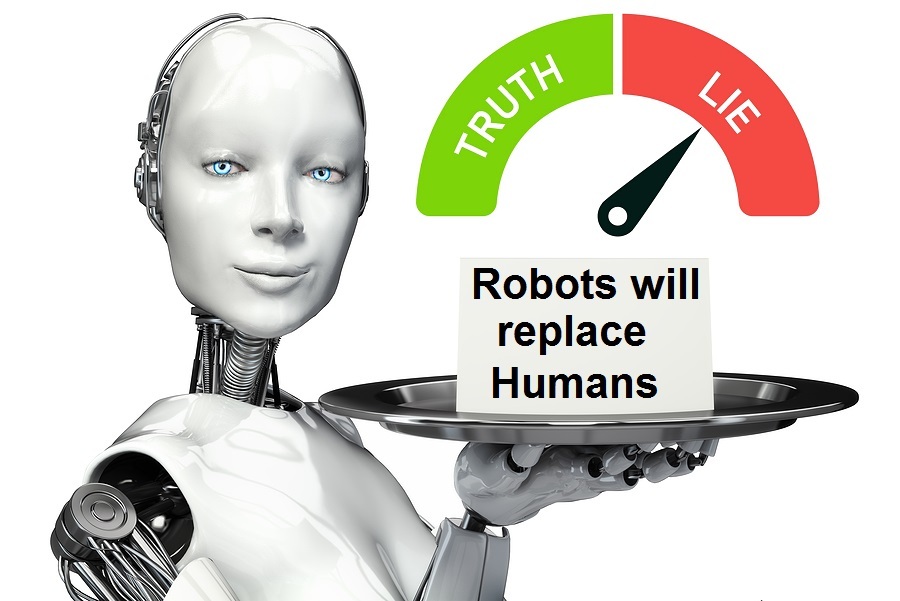The New AI Teaches Humanity How to be Better Liars and Will Never Replace Humans
It has been a year and a half now since the first Large Language Model (LLM) AI app was introduced to the public in November of 2022, with the release of Microsoft's ChatGPT, developed by OpenAI. Google, Elon Musk, and many others have also now developed or are in the process of developing their own versions of these AI programs, but after 18 months now, the #1 problem for these LLM AI programs remains the fact that they still lie and make stuff up when asked questions too difficult for them to answer. It is called "hallucination" in the tech world, and while there was great hope when Microsoft introduced the first version of this class of AI back in 2022 that it would soon render accurate results, that accuracy remains illusive, as they continue to "hallucinate." Many are beginning to understand this limitation in LLM AI, and are realizing that there are no real solutions to this problem, because it is an inherent limitation of artificial computer-based "intelligence." A synonym of the word "artificial" is "fake", or "not real." Instead of referring to this kind of computer language as AI, we would probably be more accurate in just calling it FI, Fake Intelligence. But these LLM's don't actually create anything new. They take existing data that has been fed to them, and can now rapidly calculate that data at speeds so fast that it makes the older technology that powers programs like Siri and Alexa seem to be babies who have not yet learned how to talk like adults. But it is still limited to the amount, and the accuracy, of the data it is trained on. It might be able to "create" new language structures by manipulating the data, but it cannot create the data itself. Another way to look at it, would be to observe that what it is doing in the real world is making humans better liars, by not accurately representing the core data. Another serious flaw with the new LLM AI models is that everything they generate from existing data is data that was created by someone and is cataloged on the Internet, which means that whatever is generated by this AI, whether it is accurate or not, is THEFT!





